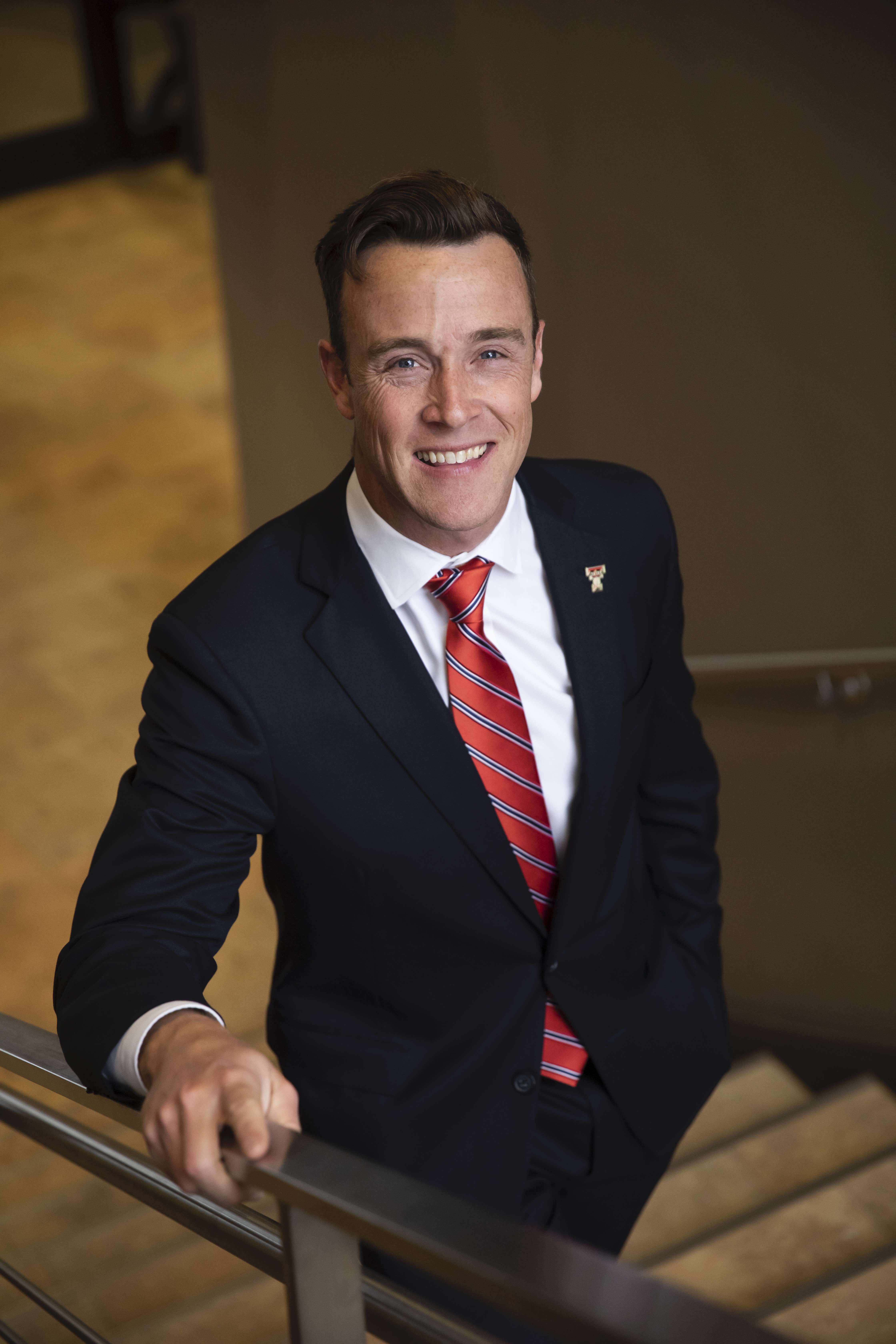Dustin Benham
What are your current research interests?
I study and write about litigation. In particular, my work focuses on court and litigation transparency. Courts, at the request of litigants, often keep evidence and other information hidden from the public. Sometimes this confidentiality is legitimate, protecting trade secrets, personal, or other sensitive information. But often, the secrecy is pretextual, and powerful companies and organizations use it to avoid accountability.
Over the past few decades, important information about dangerous and deadly products, pedophiles, sex predators, and toxic chemicals have all been kept from the public. In the meantime, more people were victimized. One aim of my research is to help courts more effectively draw the line between helpful, legitimate confidentiality and harmful secrecy.
What types of outreach and engagement have you been involved with?
I have worked with judges, lawyers, students, and organizations to improve the civil and criminal justice systems. For example, I recently spoke at a national conference of judges about the perils of unfettered court secrecy.
I also work at the state level, serving on the Texas State Bar Pattern Jury Charge Committee. This committee crafts language for jury instructions and questions that courts around the state use to resolve civil cases.
I also routinely accept pro bono cases and indigent criminal defense cases. I have represented clients in consumer disputes against unlawful debt collectors (and other civil matters), along with indigent individuals accused of crimes.
Additionally, I speak at educational events for lawyers, judges, and even other law professors. I have spoken on topics ranging from evidence law, to constitutional law, to litigation, to best practices for law professors.
Why did you choose this field?
I recognized that lawyers were central to the function of society and the rule of law. Without lawyers, there is no democracy. Without lawyers, the poor and oppressed have no recourse. Being a lawyer, and now educating future lawyers, allows me, in at least some small way, to improve many clients' lives.
How do you define good teaching?
Good teaching is good listening.
What is your proudest professional accomplishment?
My proudest professional accomplishment happens a few times each year: when a former student contacts me to tell me about a jury trial he or she won (or lost despite best efforts). Or calls to celebrate about a lost-cause client they found a way to help. Or when a student grabs me in the hall and shares their excitement for something we are studying in class.
How do you integrate research and outreach into teaching?
I involve students in every aspect of my research and outreach.
When I accept pro bono cases, students assist. Often, they help me conduct client interviews, research, drafting, and case strategy. One of my favorite parts of this process is allowing students to meet real clients. This experience helps the students understand that we represent real human beings. Our clients depend on us to help them through life's darkest moments. The relationship between lawyer and client is a special – even sacred – one, and I enjoy guiding students' early experiences with clients.
I always have a group of research assistants who help develop and complete scholarly projects. Together, we oversee revisions to the textbooks I co-author, draft new academic scholarship, work on Pattern Jury Charge Research, and identify emerging legal problems. I also help guide them in their own research projects, and some of them even get their work published. In short, we are a gang of law dorks working to improve the litigation system. Working on research with such talented people is a highlight of my job.
On the back end, my experiences in real-world litigation and research inform my teaching. I teach litigation and courtroom courses. Encountering real litigation problems allows me to craft realistic simulations for students learning to practice law.
More About Dustin Benham
Professor Benham is a law teacher who devotes his time to improving the civil-litigation system. He teaches and studies civil procedure, evidence, and advocacy. Among other areas, his research focuses on transparency and confidentiality in civil courts.
Professor Benham is licensed to practice in Texas and is also admitted to practice before the United States District Court for the Northern District of Texas.
Office of the Provost
-
Address
104 Administration Building, Box 42019, Lubbock, Texas 79409-2019 -
Phone
806.742.2184 -
Email
provost.communications@ttu.edu
